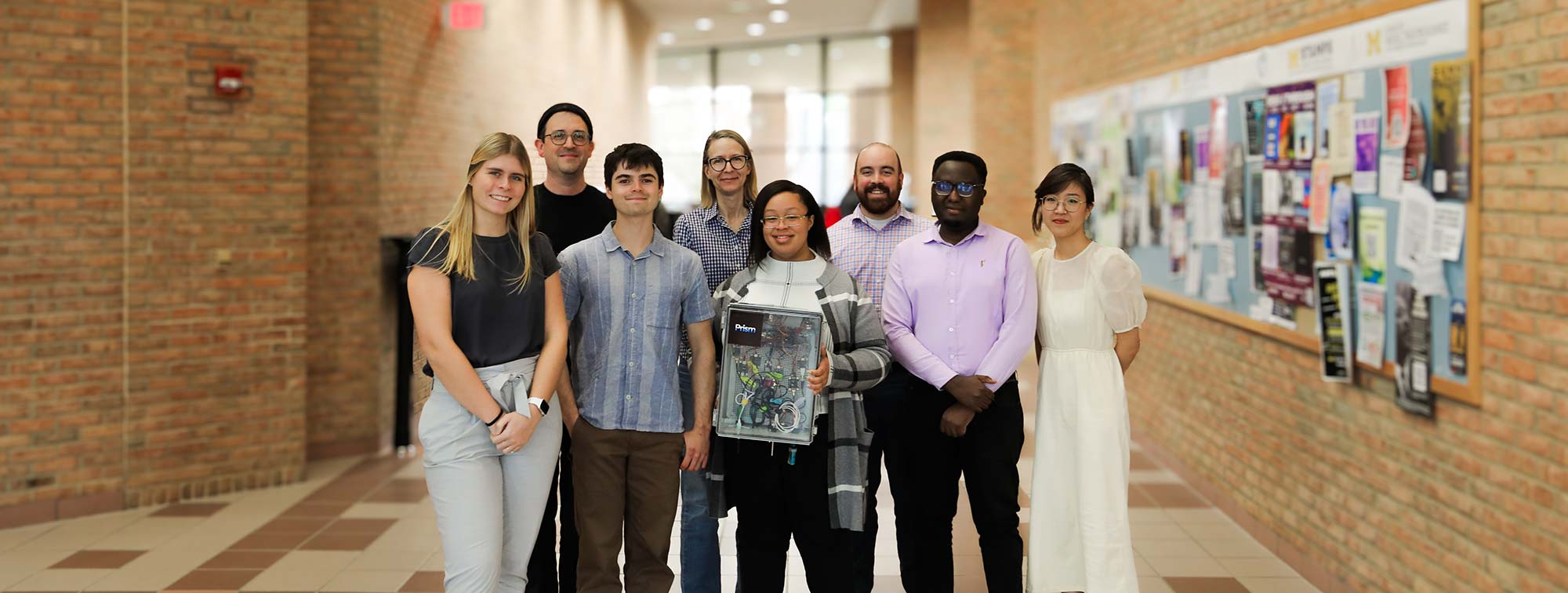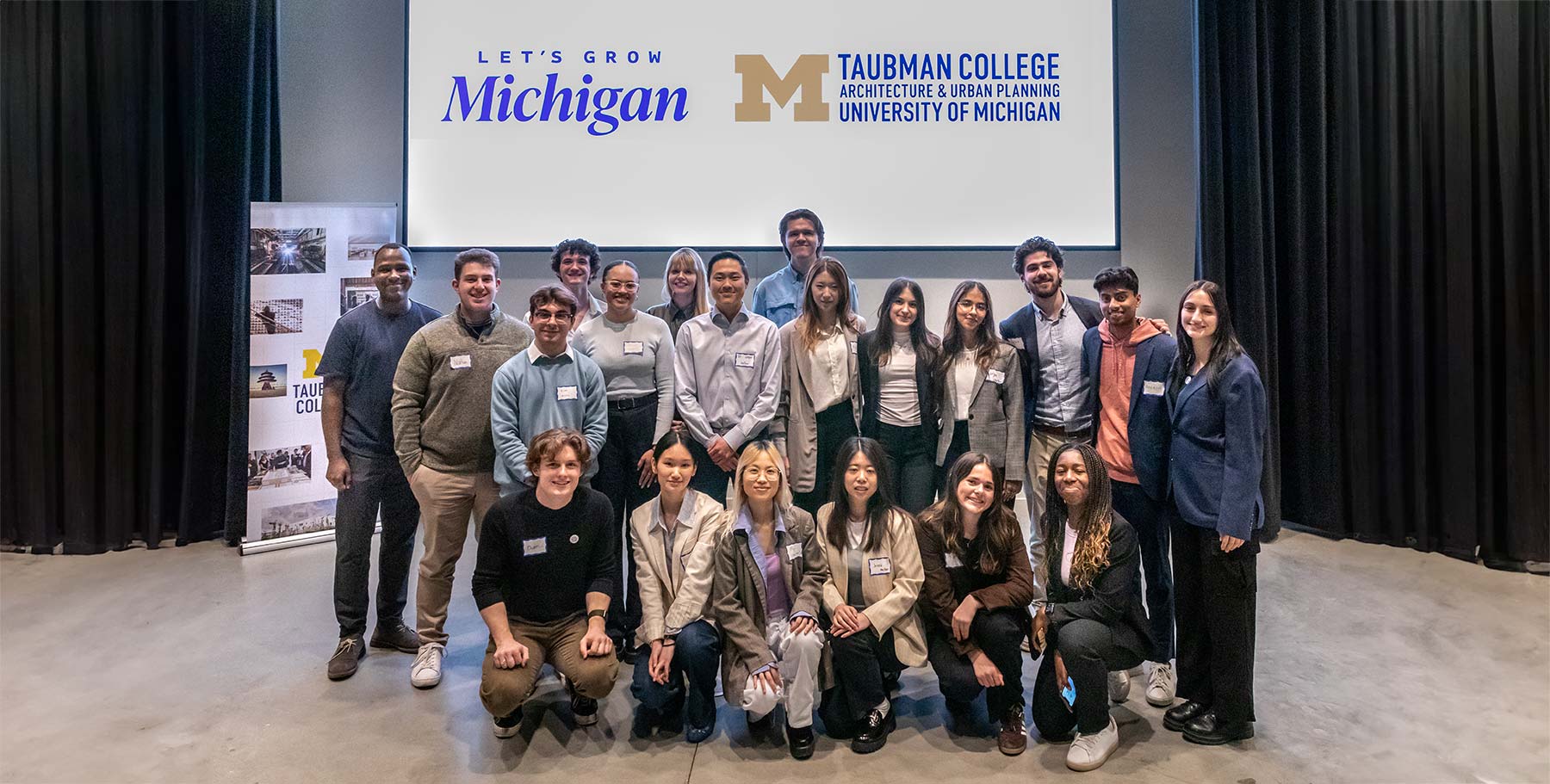Recipients of Taubman College’s 2023 Urban Technology Prototype Grant explored EV battery maintenance, water quality monitoring, and environmental impact assessments following this year’s competition theme, “Green Seeds.”
This year’s call for applications focused on sustainability and climate action by celebrating technologies that support decarbonization, climate-resilient infrastructure, just energy transitions, and circular economies.
“The question motivating our program is, ‘What does it mean when data, connectivity, and computation become normal in cities?’” said Bryan Boyer, Urban Technology program director and assistant professor of practice. “We talk about this as changing how we see cities, how we understand what it means to live in cities, shaping cities by changing the tools, processes, and approaches we use to create the built environment, and changing how we do things in cities.”
The Prototype Grant, or Protogrant, aims to spotlight and support the exciting work happening in the emerging field of urban technology. Taubman College offered the grant for the first time in 2021, connecting Taubman College’s growing Bachelor of Science in Urban Technology program with practitioners in the public and private sectors.
A jury of urban technology practitioners and Taubman College faculty were instrumental in identifying the most promising opportunities and selecting recipients, who were paired with a Taubman College faculty mentor and received $15,000 in project funds for the semester-long grant.
“The Protogrant is an opportunity for us to see some concrete examples of urban technology, which is quite exciting because it makes it real,” said Boyer.
Caryn Seidman Becker, chairman and CEO of CLEAR, has dedicated her time to helping Taubman College launch the Urban Technology program and generously funded the Protogrant program.
Grantees presented their final projects to an audience of students, faculty, and guests on December 8, 2023. View the full presentation.
2023 Protogrant Recipients
David Pitt
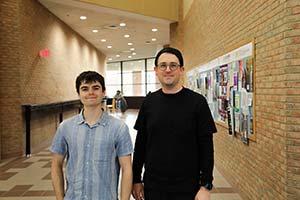 InBrief: Using LLMs (Large Language Models) to Better Understand Environmental Impact Statements
InBrief: Using LLMs (Large Language Models) to Better Understand Environmental Impact Statements
(Faculty Mentor: Robert Adams, associate professor of architecture)
“I proposed to design an AI tool that can extract and summarize information from environmental impact statements, has a user interface that’s easy and simple to understand, and performs both of those things while staying fast and cheap.”
Alexandria Brady-Miné
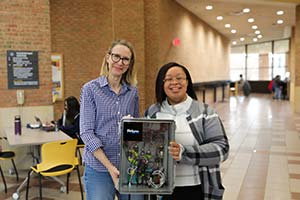
Prism: IOT and Machine Learning Approach to Low-Cost Open Source Water Quality Monitoring
(Faculty Mentor: Larissa Larsen, associate professor of urban and regional planning)
“Our goal is to develop a cost-effective and easy-to-assemble water quality monitor that combines the accuracy of the best water quality monitors with the affordability of low-cost monitors. We then want to deploy them as a network, which, combined with machine learning, will allow us to gather the same data that currently costs thousands of dollars to obtain.”
Ghislain Irakoze
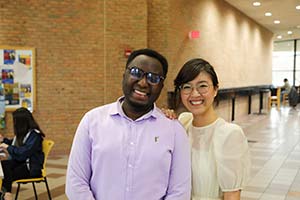
EV-Materials Traceability Dashboard in Rwanda
(Faculty Mentor: Elisa Ngan, assistant professor of practice in urban technology)
To reduce cost and save time in repairing e-motorcycles in Rwanda, “we came up with a concept to provide real-time data to track provenance changes in e-motorcycle batteries, predict maintenance and replacement needs, and create a post-consumerism value for obsolete batteries and components.” Based on feedback from potential customers, the original concept of developing a data dashboard evolved into providing updates via SMS messages.

